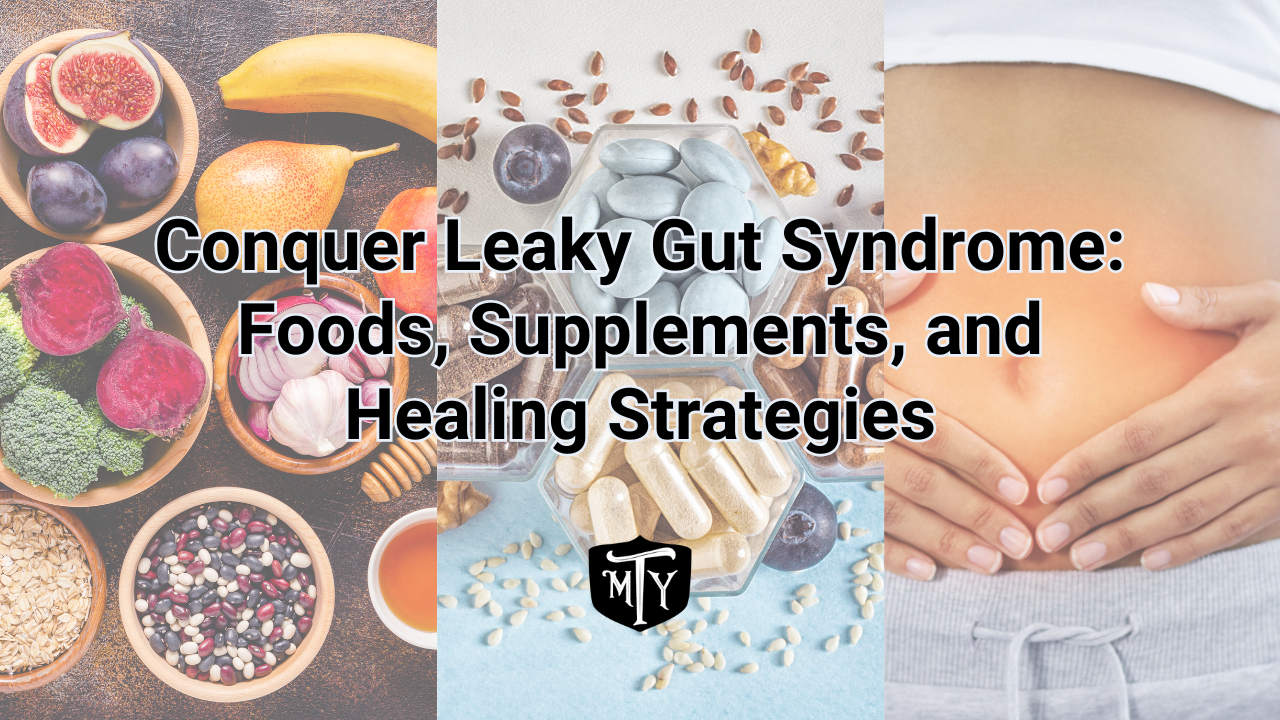
Are you struggling with digestive issues, fatigue, or autoimmune symptoms? Leaky gut syndrome might be the underlying cause. Read on to understand what it is, why it happens, and the key to your gut health restoration.
What is Leaky Gut Syndrome?
Leaky gut, or increased intestinal permeability, is a condition where the lining of the small intestine becomes damaged, allowing toxins, undigested food particles, and bacteria to “leak” through into the bloodstream. This can lead to an immune response and a variety of health issues.
Why Does It Happen?
Contributors to leaky gut can include chronic stress, imbalance in gut bacteria, poor diet, toxins, and excessive alcohol consumption. Certain inflammatory diseases like Crohn’s or celiac disease can exacerbate the problem.
Symptoms Mistaken for Other Conditions
Many people with leaky gut experience symptoms that can easily be attributed to other conditions, such as bloating, gas, cramps, food sensitivities, and aches and pains. If these issues persist, it might be worth considering leaky gut syndrome as a potential culprit.
Foods to Eat and Avoid
To heal leaky gut, consume a balanced diet rich in:
- Vegetables (such as broccoli, Brussels sprouts, and carrots)
- Fruits (like berries and bananas)
- Fermented foods (think sauerkraut and kimchi)
- Healthy fats (avocado and coconut oil)
- Proteins (lean meats, eggs, and legumes)
Avoid inflammatory foods:
- Gluten
- Refined sugars
- Dairy products (if intolerant)
- Processed foods
- Alcohol and caffeine
Supplements for Healing
Certain supplements can support the gut healing process:
- Probiotics to restore healthy gut bacteria balance
- L-glutamine, an amino acid that helps repair the gut lining
- Digestive enzymes to aid in proper food digestion
- Omega-3 fatty acids to decrease inflammation
Before you make any drastic changes to your diet or begin taking supplements, it is crucial to seek medical advice. Always consult with a healthcare professional to tailor a plan that’s right for you.
Sources:
